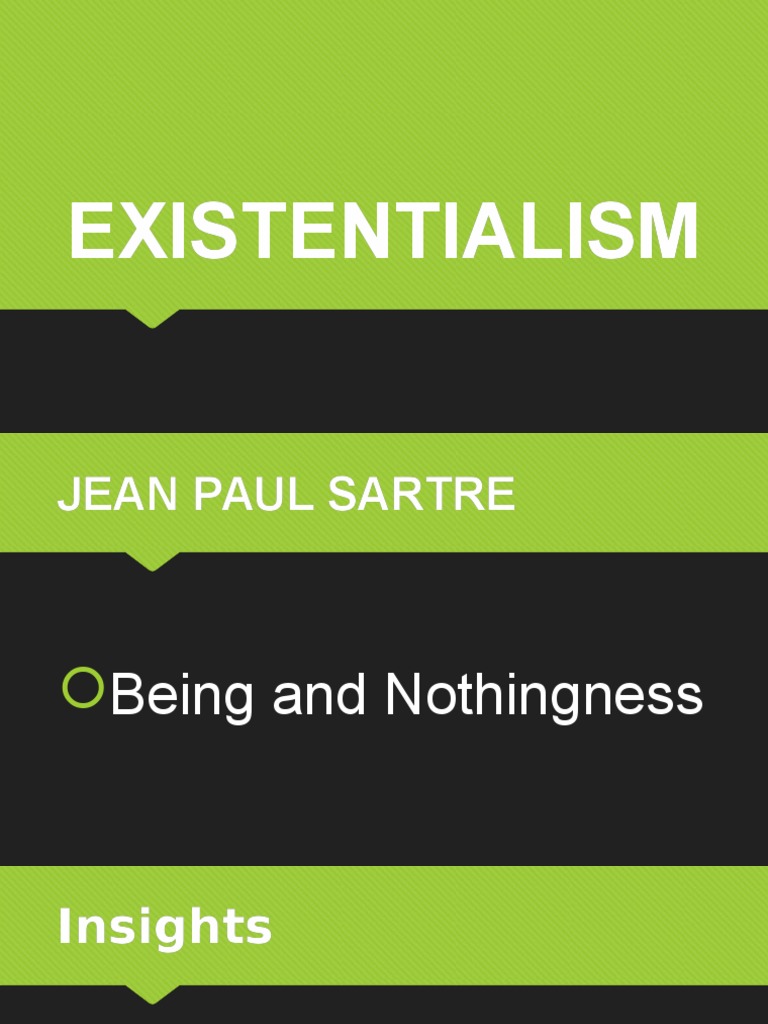Existentialism, a philosophical movement celebrating individual freedom and choice, often delves into the depths of human existence, sorrow, and joy. It piques curiosity and ignites debates about morality and existence. In the context of Bahá’í teachings, the synthesis of these existentialist dilemmas with principles of righteousness offers a fertile ground for inquiry. The interplay between the individual and the communal underscores the Bahá’í tenets, especially in the lens of justice and morality. One might pose a provocative question: Can existential freedom coexist harmoniously within the confines of divine righteousness? This inquiry invites a profound exploration into the essence of human existence, virtue, and divine law.
At its core, existentialism posits that individuals possess ultimate freedom in defining their essence through choices. This autonomy comes with the heavy burden of existential angst—the realization that life can be devoid of inherent meaning. Existentialist thinkers, such as Jean-Paul Sartre and Simone de Beauvoir, emphasize the importance of radical freedom. However, this radicalism raises ethical dilemmas: if all moral principles are subjective, what can serve as the foundation for righteousness? Herein lies a challenge that intersects with Bahá’í teachings.
Bahá’í philosophy interlaces the reality of individual choice with a divine framework that imparts normative ethical standards. The Bahá’í Faith teaches that while individuals are endowed with the capability to make choices, these choices should align with the broader principle of justice. Justice in this context is not merely a legalistic term; it is an intricately woven tapestry of moral virtues that bind humanity together. Consequently, the question of righteousness transcends personal autonomy—the ramifications of individual choices ripple through the societal fabric.
A crucial tenet in Bahá’í teaching is the concept of the oneness of humanity. This principle challenges existentialism’s individualism. In a worldview where personal choices are paramount, the interconnectedness of humanity urges individuals to reckon with the repercussions of their decisions. The dialectic between individual freedom and collective responsibility is a vital aspect of Bahá’í ethics. The individual is called not only to attain personal enlightenment but also to contribute to the collective welfare of society, raising the essential query: How does one balance personal freedom with the moral imperative to act justly?
In grappling with the notions of righteousness, Bahá’í teachings assign a moral compass—veering away from nihilism or moral relativism. The divine guidance elucidates paths toward justice, urging individuals to seek truth and act in accordance with moral rectitude. The Covenant of Bahá’u’lláh emphasizes adherence to divine laws as a means to true fulfillment and spiritual elevation. The argument of the righteous, therefore, is not merely an exercise in subjective morality but a call to embrace a higher truth that transcends individual perception.
The existentialist view often posits that one’s existence precedes essence. This can be reconciled with Bahá’í philosophy by understanding that while individuals are responsible for crafting their destinies, they are simultaneously under the auspices of spiritual laws designed for collective advancement. There exists an inherent tension in this duality; the essential challenge lies in navigating between authentic self-definition and the ethical imperatives outlined by divine teachings. This begs the question: How does one ascertain their truth amidst the cacophony of choices, especially when those choices may conflict with established moral precepts?
Such complexities elevate the dialogue around existential authenticity and ethical accountability. Bahá’ís assert that pursuing individual desires devoid of divine consideration can lead to moral erudition’s erosion. Conversely, in an overwhelmingly prescriptive society, the risk of adherence to shackles may stifle innovation and personal evolution. The synthesis of Bahá’í doctrine with existentialist thought calls for a nuanced approach—a reconciliation that recognizes the intrinsic value of individual agency while respecting the moral imperatives that foster unity and peace.
Furthermore, the Bahá’í teachings advocate for consultation as a means of collective decision-making. This participatory approach to ethics encourages individuals to engage with others in the pursuit of righteousness. By inviting diverse perspectives into dialogue, the potential for enriched understanding and moral clarity increases; it reinforces the idea that righteousness is most profoundly discerned through communal reflection and shared experiences—a stark contrast to the solitary struggle often emphasized in existentialism.
As we traverse deeper into this discourse, the implications extend beyond philosophy. They permeate the very fabric of societal constructs and relationships. Righteousness, when viewed through the prism of Bahá’í teachings, transcends conventional definitions of morality. It beckons a broader understanding of human interconnectedness. One begins to wonder: is an individual’s quest for freedom stylistically compatible with a moral obligation to others? The moral quandaries discretely urge individuals to forge paths that simultaneously honor personal freedom and uphold societal harmony.
In conclusion, the amalgamation of existentialist thought and Bahá’í principles reveals a dynamic interaction between individual autonomy and collective righteousness. The challenge of aligning personal freedom with divine morality becomes not only a personal journey but a pivotal societal imperative. The Bahá’í teachings illuminate a pathway toward achieving this delicate balance, urging individuals to navigate the labyrinth of existence with a resolute pursuit of justice and truth, fostering a unified community grounded in shared ethical values. Ultimately, does the quest for personal authenticity in the face of righteousness bring us closer to understanding the profound interconnectedness of our human experience?
